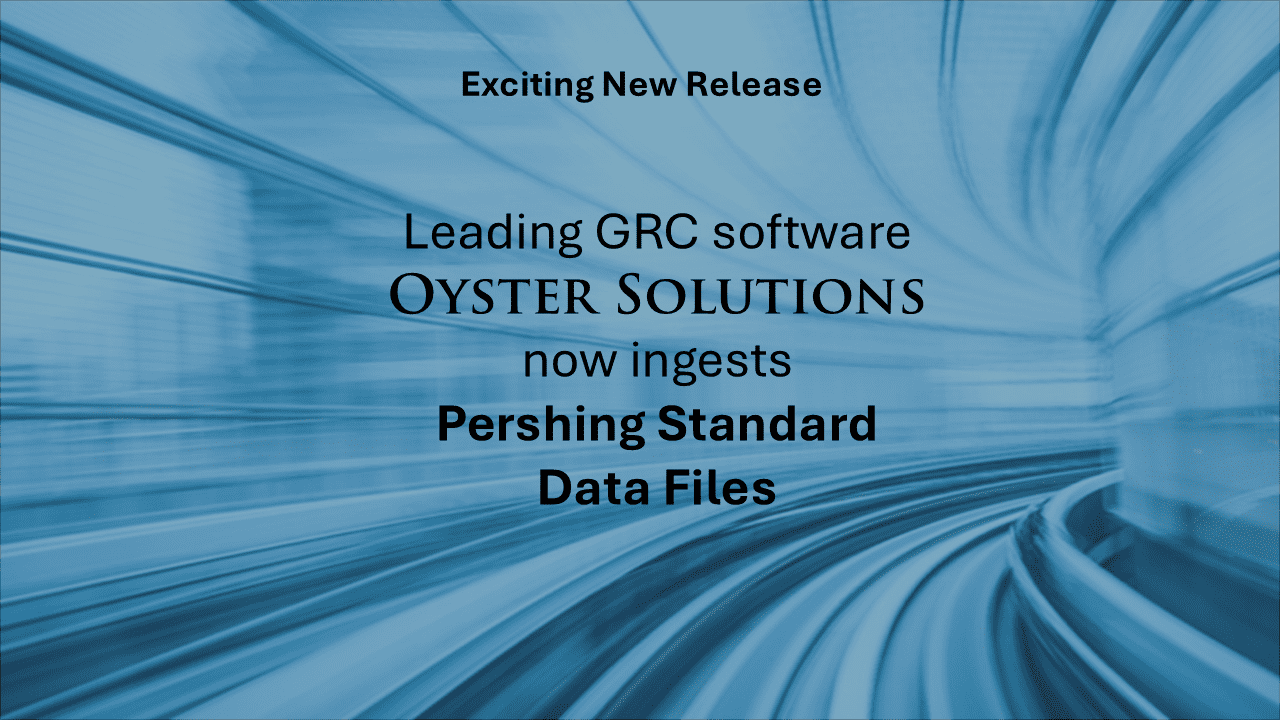DOL PTE 2020-02: What You Need to Know and Do
By Ed Wegener
Subscribe to our original industry insights
Regulators are very focused on ensuring that recommendations being made to retirement investors are in those customers’ best interest. This includes recommendations to roll employer-sponsored retirement plans into Individual Retirement Accounts (IRAs). Rollovers have been identified by the SEC and FINRA as a focus area in examinations of Reg BI compliance and it is also in the cross hairs of the Department of Labor.
Under ERISA Title I and the Internal Revenue Code, investment advice fiduciaries are prohibited from receiving compensation that varies based on their investment advice and compensation that is paid from third parties. Without an exemption, broker-dealers and investment advisors are not able to receive their typical fees when providing advice to retirement investors. On December 18, 2020, the DOL adopted PTE 2020-02, a new prohibited transaction exemption which allows investment advice fiduciaries to receive otherwise prohibited compensation, provided they comply with the requirements under the exemption. The exemption requirements became effective on February 16, 2021, though some of the provisions are not being enforced until as late as July 1, 2022.
To claim the exemption, investment advice fiduciaries must comply with four primary requirements:
- an impartial conduct standard;
- certain disclosure requirements;
- a compliance requirement; and
- a retrospective review requirement.
Each of these requirements must be met for a fiduciary to be able to claim the exemption and be able to receive otherwise prohibited compensation.
The impartial conduct standard has three primary requirements. The first requirement is that recommendations be in a retirement investor’s best interest and that the investment advice fiduciary not put their interest or the interest of their firm ahead of the retirement investor. The second requirement is that communications made to the retirement investor not be misleading. The third requirement is that compensation must be reasonable. These requirements are generally straight forward and are not dissimilar from other requirements under the securities laws.
The disclosure requirements go beyond current requirements. For example, a disclosure must be made prior to providing advice that acknowledges that the investment professional and their firm are investment advice fiduciaries. While not required, the DOL has provided model language that can be used for this acknowledgement. Additionally, a disclosure must be made that describes the fiduciary’s services and material conflicts. Finally, and most importantly, beginning on July 1, 2022, the DOL will begin enforcing specific disclosure and documentation requirements associated with rollover transactions. Investment advice fiduciaries will need to assess whether a rollover recommendation is in a retirement investor’s best interest, disclose this assessment to the customer in writing and document the disclosure. The assessment must consider a number of factors including comparative fees and expenses, investment options, services and other factors that impact the decision. We expect that this will be a focus of the DOL’s reviews. There are a number of vendors that have developed novel automated solutions for the assessments including documentation and disclosure delivery.
Under the compliance requirement, firms will be expected to have policies and procedures that are reasonably designed to ensure compliance with the impartial conduct standards and other requirements under the exemption. Firms will be expected to monitor for red flags that indicate non-compliance. The DOL has a process for self-correction should firms identify compliance issues.
Finally, the exemption requires that firms conduct an annual retrospective review for compliance with the requirements of the exemption. The methodology and results of the review must be reduced to a written report provided to a designated Senior Executive Officer. The Senior Executive Officer must provide an annual certification.
Fees for advice for retirement investors and rollover recommendations are a large part of many broker-dealers’ and investment advisors’ business. It will be important that these firms be able to avail themselves of the exemption provided in the DOL’s PTE 2020-02. As you can see above, the exemption’s requirements are very complex. In future blogs, we will provide additional information about each of the exemption’s requirements.
Oyster’s consultants are familiar with the exemption’s requirements and have experience helping firms prepare for designing and implementing an effective PTE program. We also can help in conducting the retrospective reviews and testing required by the exemption.



